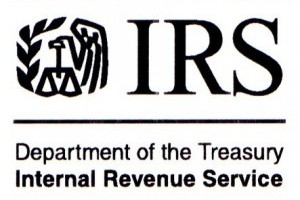The Internal Revenue Service (IRS) is making changes to its Advisory Committee on Tax Exempt and Government Entities (ACT) including a reduction in the number of people on the committee and a change in its focus.
Structural changes include shifting legal work to the Office of Chief Counsel. There is also a change in priorities of the Tax Exempt and Government Entities Division (TE/GE), according to an IRS announcement.
The ACT provides a public forum for members of the tax-exempt and government entities communities to discuss important tax issues of the day with IRS officials. ACT members provide observations about current or proposed IRS policies, programs and procedures, and suggest improvements through a yearly final report.
Going forward, the ACT’s focus will be on tax administration issues in general encountered TE/GE-wide. ACT’s prior focus was more compartmentalized with five subcommittees representing each of the five TE/GE functions (Employee Plans, Exempt Organizations, Federal, State and Local Governments, Indian Tribal Governments, and Tax Exempt Bonds).
ACT currently has a total of 21 members. The IRS will not be filling six upcoming vacancies, which will bring the number of committee members down to 15 beginning in June 2016.
ACT’s prior charter provided members two-year terms with an option to extend it by one additional year. ACT’s current charter, effective as of May 2015, provides for a flat three-year term. All current members came in under the previous charter.
The TE/GE’s five key priorities going forward are: continuous improvement, knowledge management, risk management, data-driven decision-making and employee engagement, according to the statement.
“It is a good time to review and revise ACT’s focus and better align it with what’s going on within the changing environment of TE/GE,” said Sunita Lough, commissioner of TE/GE Lough via a statement. “We will continue to consider more refinements of the ACT structure in coming months and potentially make more changes in 2017. We also remain committed to getting feedback and input from our stakeholders, both operationally within TE/GE and through the ACT.”
Marc Owens, the former head of the IRS’s exempt organizations division, thinks this might spell the end for ACT. “The downsizing of the ACT is in keeping with the general pulling back that is impacting EO tax administration, and the IRS more broadly. The ability of the ACT to undertake projects will be diminished by the reduction in size and the movement away from functional specialization,” said Owens, who is now a partner at Loeb & Loeb. “I suspect that there will be diminished interest in participating by those outside the IRS. I think that the ACT has fulfilled its purpose. IRS management should wind it up and move on.”











